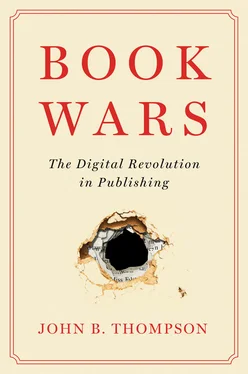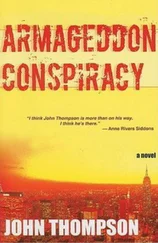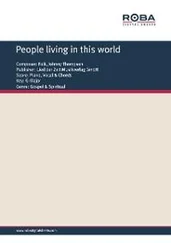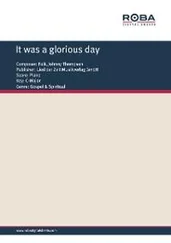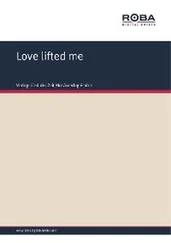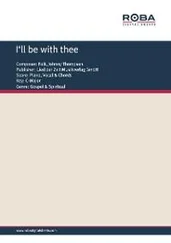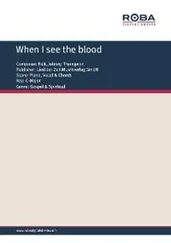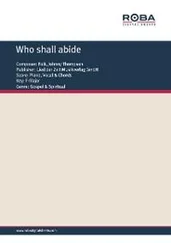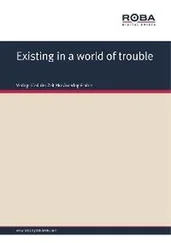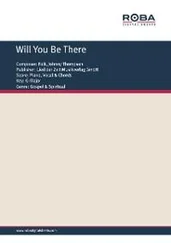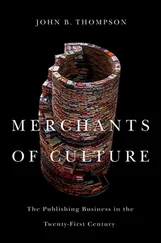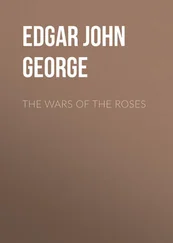Among the publishers, Touch Press’s partnership with Faber proved to be particularly fruitful, leading to a series of books-as-apps that attracted a great deal of attention, starting with Solar System, released in December 2010, followed by T. S. Eliot’s The Waste Land, released in June 2011, and Shakespeare’s Sonnets, released in June 2012. The Waste Land took Eliot’s iconic poem – the crown jewel of Faber’s list – and brought it to life in ways that are simply not possible in the medium of print, allowing the reader to read it but also to hear the poem being read (in no less than seven readings, two by Eliot himself) and to watch it being read in a remarkable, captivating performance by Fiona Shaw that was filmed specifically for the app. The extensive apparatus of notes that weighed down the printed version of the poem are conveniently relegated to a side panel that can be turned on or off with a simple touch of the screen, while the reader can listen to and watch various individuals, from poets to pop singers, talk about The Waste Land and what it meant to them. The result is that a poem that had existed for ninety years as print on paper was now recast in a new medium, enabling the reader to experience the poem in a unique and unprecedented way, combining the reading of text with listening to and watching the poem being read and discussed. The app was a surprising success: it went to the number one position among worldwide bestselling book apps, and sold around 20,000 units in the first year. It was also a critical success and the reviews were glowing. ‘When I began to use the Waste Land app’, extolled one professor of literature, ‘I immediately understood why so many people were buying it. While it presented the same poem, it presented it in a very different light … . The Waste Land app’s marvelous feat, as I have come to understand it, is to have rescued a vibrant and dynamic poem from a print medium that had entombed and shrouded it, for nearly a century.’ 7
While The Waste Land involved recasting in a digital medium a poem that had previously existed in print, many of the apps produced by Touch Press are digital creations sui generis – that is, they had no previous existence in print but were created specifically for the iPad. Their music apps are good examples of this. The Orchestra, produced in collaboration with the London-based Philharmonia Orchestra and The Music Sales Group, was released in December 2012; it was followed by Beethoven’s 9th Symphony, released in May 2013; The Liszt Sonata in B Minor with Stephen Hough, released in July 2013; and Vivaldi’s Four Seasons with Max Richter, released in May 2014. The first of these apps, The Orchestra, enables you to watch and listen to eight orchestral pieces, composed over a period of 250 years, from Haydn’s Symphony No. 6 and Beethoven’s Symphony No. 5 to Salonen’s Violin Concerto. The music is reproduced in high fidelity, and the video of the orchestra offers close-up images of individual musicians playing their instruments. You can also choose to watch a ‘beat map’ that represents each musician in the orchestra with a coloured dot that flashes when they are playing, so that you can see how the music correlates with the activity of different sections and instruments. A full or curated score – again, you can choose which you want to see – scrolls across the lower half of the screen as you listen to the music and watch the video or the beat map. The app also provides an encyclopedic guide to the sections and instruments of the orchestra; touch on any one of them and you’re given an account of how the instrument works, narrated by the musician himself or herself, who speaks to you directly and shows you what the instrument can do; touch the instrument and it enlarges and leaps into the foreground, flick it with your finger and it spins 360 degrees, just like the objects in The Elements. Touch the conductor, Esa-Pekka Salonen, and he’ll give you a personal account of the art of conducting. There is text too, including a short, illustrated history of the orchestra and a guide to listening to orchestral music and reading a score, written by LA Times music critic Mark Swed. The Orchestra and its successor apps, with their fluent blending together of music, voice, video, image and text, are works that could only exist in the kind of digital medium offered by an app.
It would be difficult to deny that the apps produced by Touch Press were a creative success. They exploited the new medium of the app to its full, using it to breathe a new kind of life into texts that had previously existed only on the printed page and to create entirely new works in which text is woven together with audio-visual materials to produce a kind of user experience that is simply not possible in the medium of print. Of course, Touch Press were not alone in doing this. There were, and are, many other players in this space, ranging from one or two individuals working from home to much larger organizations, including the large publishing corporations, who have been actively experimenting with apps. But Touch Press stood out as one of the most accomplished of them all. They established a position as a leader in the market of what one could call ‘the premium app’ – that is, the app that was developed as a high-end product, beautifully crafted, making full use of the high resolution and functionality of the iPad. Their apps were regularly selected as App of the Week and Editor’s Choice in the App Store, and they were given rapturous reviews in the press. The Sunday Times devoted the front page of its Culture Section to The Waste Land, 8and The Orchestra was described in the Guardian as ‘an instant classic … one of the most impressive bits of app-ology I’ve ever seen.’ 9Few app developers have enjoyed such consistently laudatory critical acclaim.
There can be little doubt that Touch Press was producing apps of the highest quality, but had they built a creative organization that was sustainable in the medium to long term? That was a question that preoccupied everyone at Touch Press too: they wanted to know more than anyone whether they had a viable business because their livelihoods depended on it. Some of their apps had been not just critical successes but commercial successes too – The Elements, of course, but also Solar System, The Waste Land, The Orchestra and others. They had earned back their costs and become profitable titles. But for every successful app of this kind, there were others that flopped – sometimes dismally so, selling 1,000 copies or less. Given the time and expense that goes into developing a premium app of this kind, that is a serious loss for a small business. To make this work, you need to be able to count on a regular flow of successful apps. You can take risks on some projects, but you have to be able to count on others to deliver high enough sales to cover their costs and be sufficiently profitable to keep the business going. Could it be done?
In 2012, Touch Press had reached a point where they needed to answer this question – not least because their investment capital was drying up and they needed to know if they had a viable business. Apart from the initial half a million dollars they had raised in 2010 to get the company off the ground, they had secured another £2 million of investment capital which had kept them going and enabled them to build the business, but by late 2012 their funds were running low. They were fortunate that, at just this time, a terrific opportunity came their way that would enable them to test their business model: some senior figures at Disney had seen The Waste Land and been impressed by it, and they approached Touch Press to see if they would be interested in partnering with them to do an app on the history of animation. It was a great project in itself: what could be more amenable to the medium of the app than a richly illustrated account of the history of animation? And who could be a better partner in a project of this kind than Disney, with their pivotal role in the history of animation and their incomparably rich archive of iconic characters and copyrighted material dating back to the 1920s? If you were setting out to find a partner for a book-as-app on the history of animation, Disney would be top of your list – and now they were saving you the trouble since they were knocking at your door. Moreover, with Disney’s powerful marketing machine behind you, this app would have everything going for it. If you couldn’t make this app work in financial terms, then what would your chances be with others?
Читать дальше
